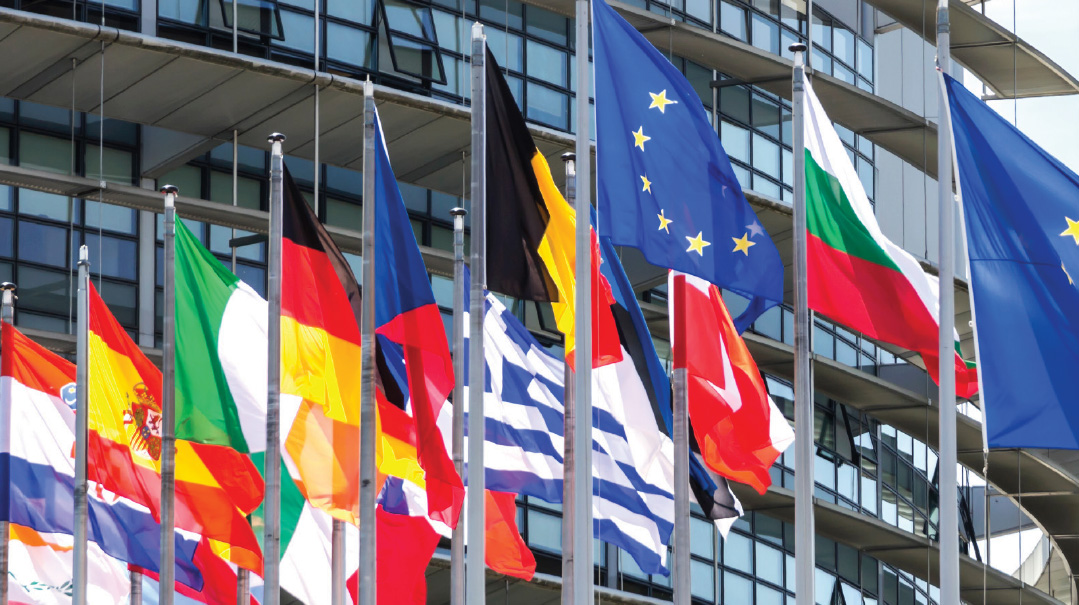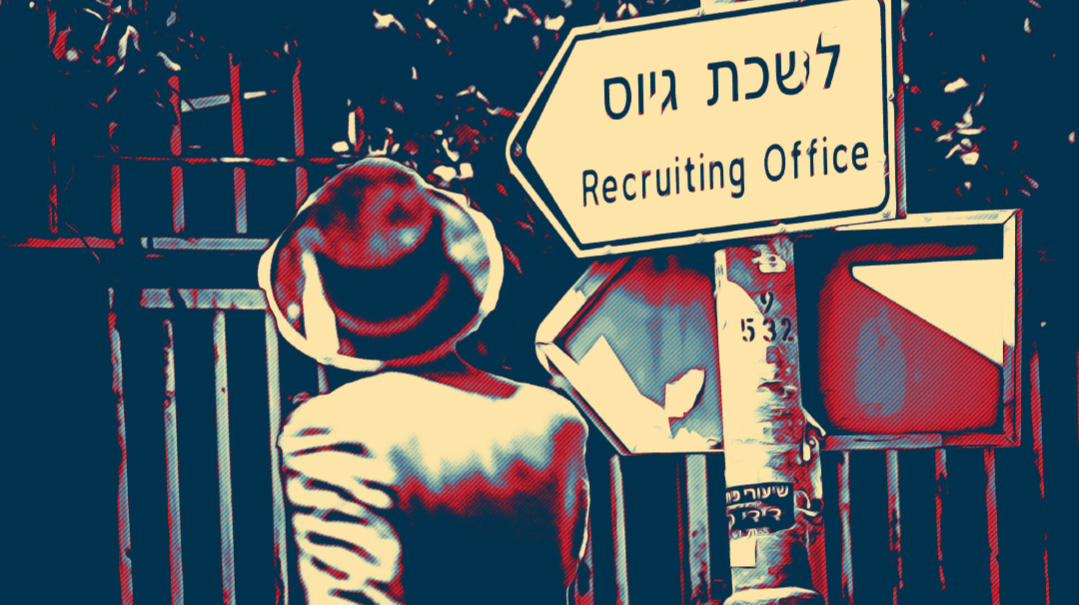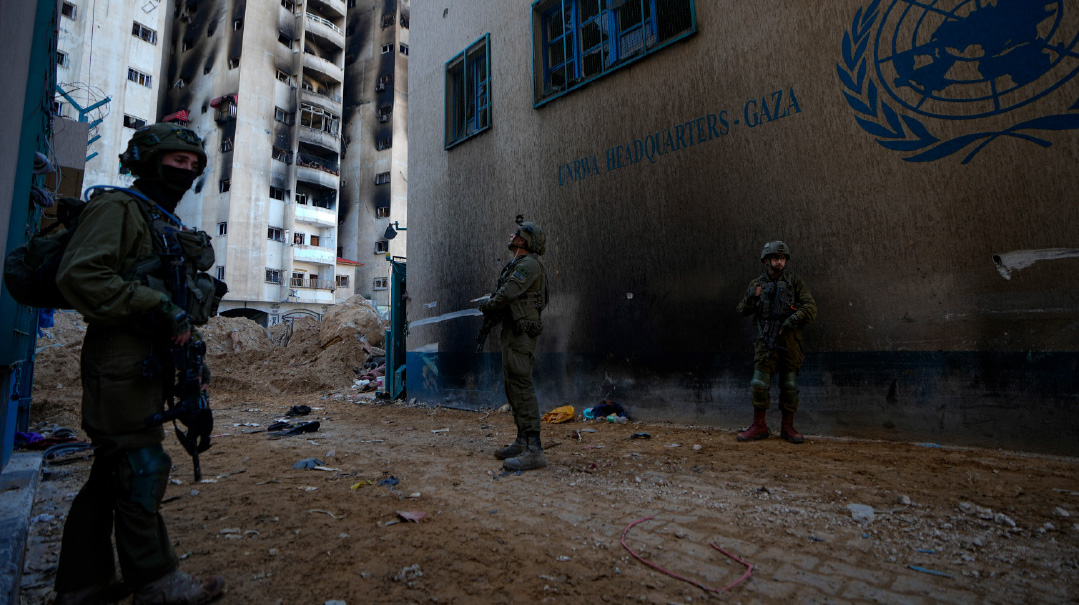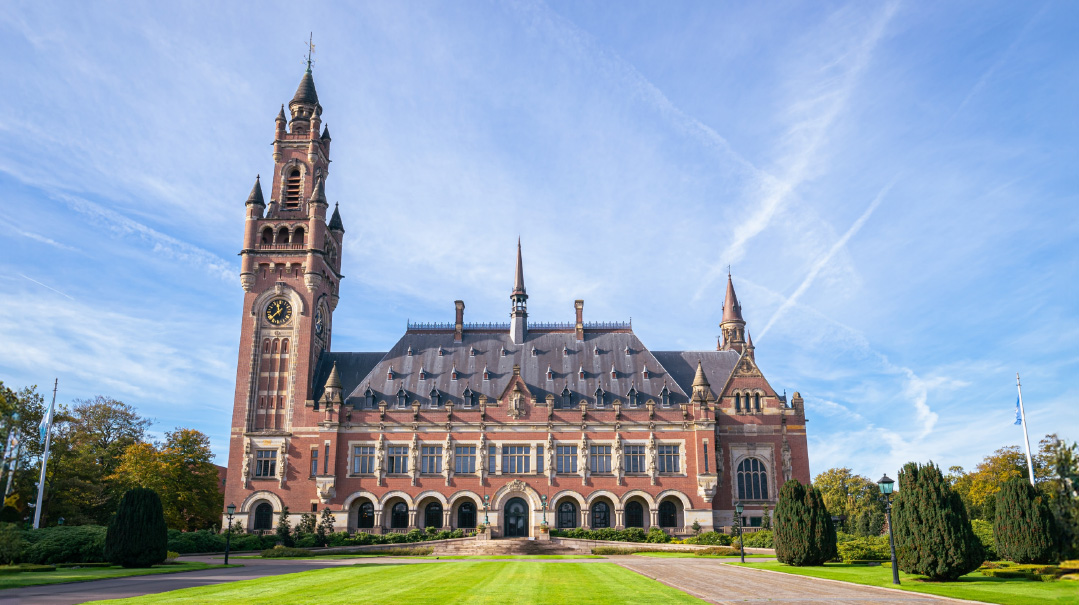Are IDF Draft Exemptions for Yeshivah Students Over?

What impact will slashed budgets and the new legal reality have on Israel’s yeshivos?
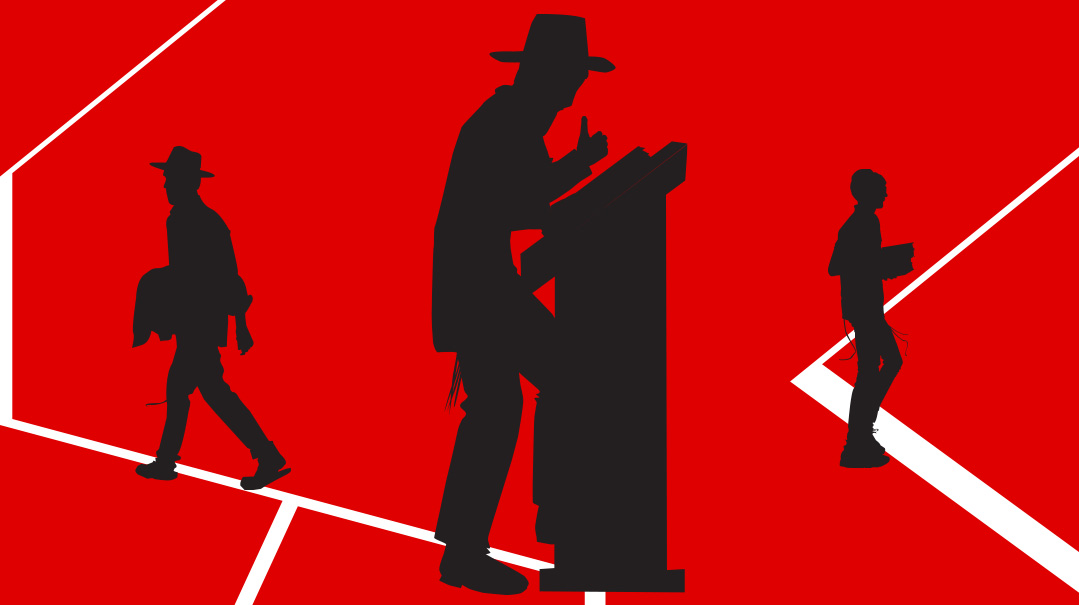
On April 1, Israel entered uncharted territory when Attorney General Gali Baharav-Miara ruled that the IDF had to begin drafting yeshivah students. No government has been in this position since Prime Minister David Ben-Gurion first agreed to exempt Agudas Yisrael’s list of 400 bochurim from military service. While there won’t be a stampede for the exits of the beis medrash, as serious Torah learners have always demonstrated sacrifice and devotion to continue learning even under duress, there might be some short-term fallout: What impact will slashed budgets and the new legal reality have on Israel’s yeshivos? And, how can the government of a Jewish country sever itself from the very pillars that support the continued existence of the Jewish People?
How We Got Here
For the past few decades, yeshivah students have been exempted from the draft by a series of laws, each of which was in turn invalidated by the High Court.
In 2017, after the High Court struck down the existing law, it gave the Knesset a year to enact a new law. But with four elections producing no clear winners, the High Court had to extend the deadline repeatedly.
In 2022, Netanyahu won a stable majority in the election, but he procrastinated. The previous law regulating exemptions expired last summer. Defense Minister Yoav Gallant issued a temporary directive not to draft yeshivah students, but that expired April 1.
As a result, a large percentage of yeshivah students are now subject to the draft, like all Israelis their age.
Funding at Stake
At the same time, Israel’s yeshivos could lose all state funding tied to students “designated for security service” — in other words, bochurim who haven’t received permanent exemptions in the past.
NIS 1.7 billion
total funds designated for yeshivos in 2024. Not all yeshivos eligible for this funding are chareidi — about 20,000 students attend Hesder and national-religious yeshivos.
NIS 860.10
the monthly amount the state pays kollelim for each avreich. This includes life insurance, thanks to a regulation passed by MK Moshe Gafni in 2019, though that’s only about NIS 18 per year.
NIS 470
the monthly amount the state pays for every unmarried yeshivah student.
The Whole Pie
The yeshivah world doesn’t only get funding from the state. A report published last week by the Berl Katzenelson Foundation found that the average yeshivah gets 28% of its budget from the state. Some get 40%, and some get near zero.
NIS 5.3 billion
the total aggregated budget of all yeshivos and kollelim in Israel in 2022. About half of this funding comes from donations, from Israel and abroad.
19%
of that total, about NIS 1 billion, comes from the state budget, as of 2022.
NIS 1,200
typical monthly tuition paid by parents of yeshivah bochurim. This comprises a significant share of yeshivos’ budgets.
When Would the Call-Up Begin?
Were all these bochurim drafted on Monday? No.
The Movement for Quality Government NGO argues that the IDF should begin calling up bochurim immediately, but the military has until April 30 to begin implementing the High Court’s decision, so there will be no call-ups before May 1.
Even after May 1, there’s public consensus that the IDF isn’t ready to recruit so many people in so short a time frame. It doesn’t have the resources, even if every yeshivah student enlisted voluntarily.
Shortly after the October 7 massacre, 4,000 working chareidim over the age of 26 answered the call to enlist into the “Phase B” plan, an abridged service after which they’re drafted into the reserves. According to the IDF, only 880 of them were “relevant for conscription,” of whom only 600 were recruited.
Who Will Get the Call?
The cuts to yeshivah funding only pertain to those students who are “designated for security service.” But who are they?
156,000
the number of chareidi yeshivah bochurim and avreichim over the age of 18 in 2022, according to data from the Israel Democracy Institute, a number that includes foreign students, about 7%. Of the Israelis, 101,640 are avreichim and 43,427 are bochurim.
66,000
The latest estimate for yeshivah students “designated for security service,” according to the IDF Manpower Division. These bochurim have until now been receiving a deferral every half a year, rather than a full exemption. These are the bochurim and avreichim the government will no longer fund.
In total, about half of those designated for security service are of draft age. Only about 20% are avreichim and the rest are unmarried men.
13,000
The number of chareidi men who turn 18 every year, making them subject to recruitment. Of these, about 1,200 enlist annually. The rest remain in yeshivah. The recruitment age is 18-21. Not all the bochurim and avreichim lacking exemptions are of draft age.
Is There Any Way Out?
The real way to end the crisis: passing a law to regulate chareidi military service.
And what if the Likud or other elements of the coalition refuse to vote for such a law?
“That would be the end of the government,” MK Yitzchok Pindrus tells Mishpacha.
The reason is clear: The entire point of chareidi parties joining the coalition is to be able to preserve the status of Torah learners. If the government can’t accomplish this, there’s no point in propping it up.
What Good Is a New Law?
Wouldn’t the High Court immediately strike down whatever the coalition agrees on? Not necessarily.
There are formulas that the High Court could accept. The state also has an interest in this, since it can’t take in tens of thousands of yeshivah students all at once. While there may be disagreements about quotas and timetables, a compromise bill could stand the High Court test.
Who might be drafted under such a proposal? Thousands of bochurim who are no longer in yeshivah, but have not enlisted. Programs tailored to chareidim have the potential to attract them.
One such program, “Kodkod,” is already in operation. It offers gender-segregated service and meets strict chareidi standards. When the army started it, 200 people were expected to apply; in the end, 2,000 applied. The army recruited 82 of them, who currently serve in Unit 8200. This program proved that when chareidim who want to join the workforce are given assurances that they can remain chareidi in the army, it can be a viable launching pad for careers.
What Are the Gray Areas?
What will happen to all the bochurim who lack “Torato umanuto [his Torah is his occupation]” status? Right now, nothing; the army has to call them up first. The interim arrangement stipulates that deferrals already granted will remain valid up to their expiration. In addition, Netanyahu argued before the court that anyone who didn’t disregard a call-up order shouldn’t be treated as a deserter.
However, even if bochurim don’t get drafted en masse after May 1, they may have trouble leaving the country. Until now, trips abroad by yeshivah bochurim were regulated by the law. In the absence of a law, they may be prevented from leaving the country for family simchahs, since they’re now legally subject to the draft.
Yeshivos will face another problem: To receive state funding, an institution must have a minimum number of eligible students. With many bochurim now no longer eligible, some yeshivos may be unable to secure any state funding, even for students with permanent exemptions.
Serious Torah learners have always demonstrated sacrifice and devotion to continue learning, even with slashed budgets, but the ruling begs the question: How can the government of a Jewish country sever itself from the very pillars that support the continued existence of the Jewish People?
(Originally featured in Mishpacha, Issue 1006)
Oops! We could not locate your form.

